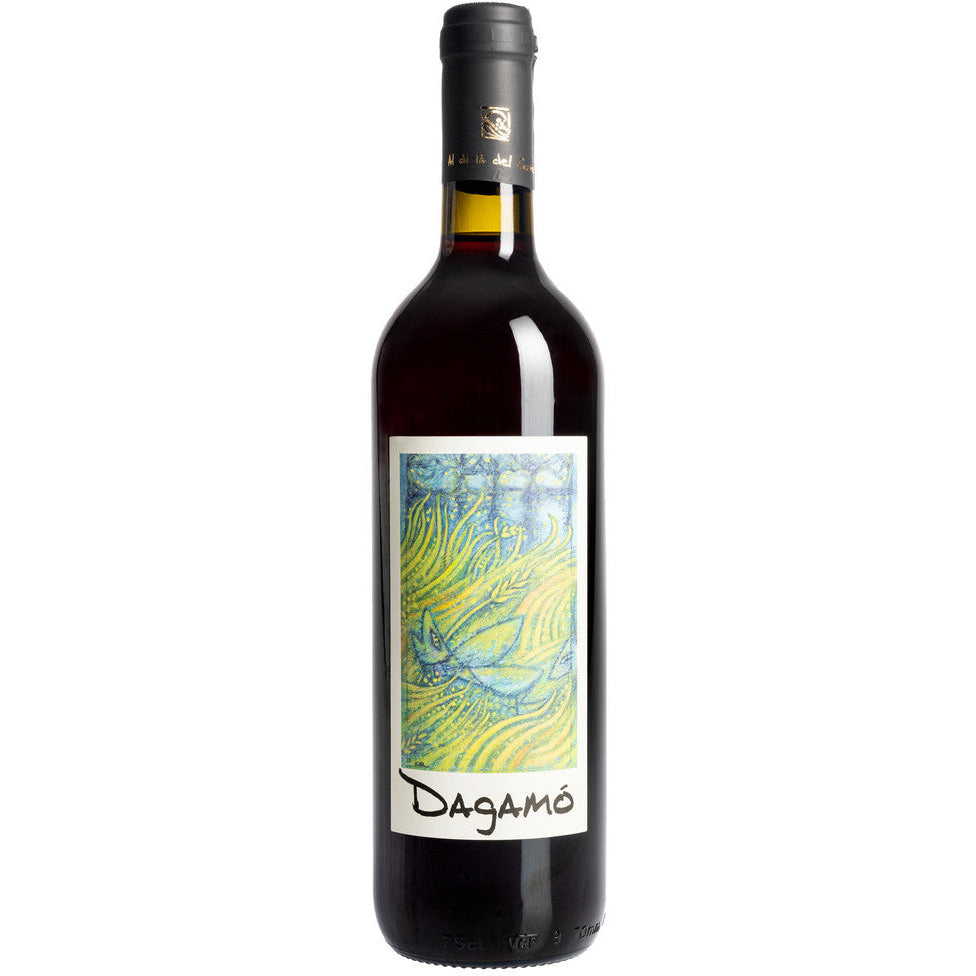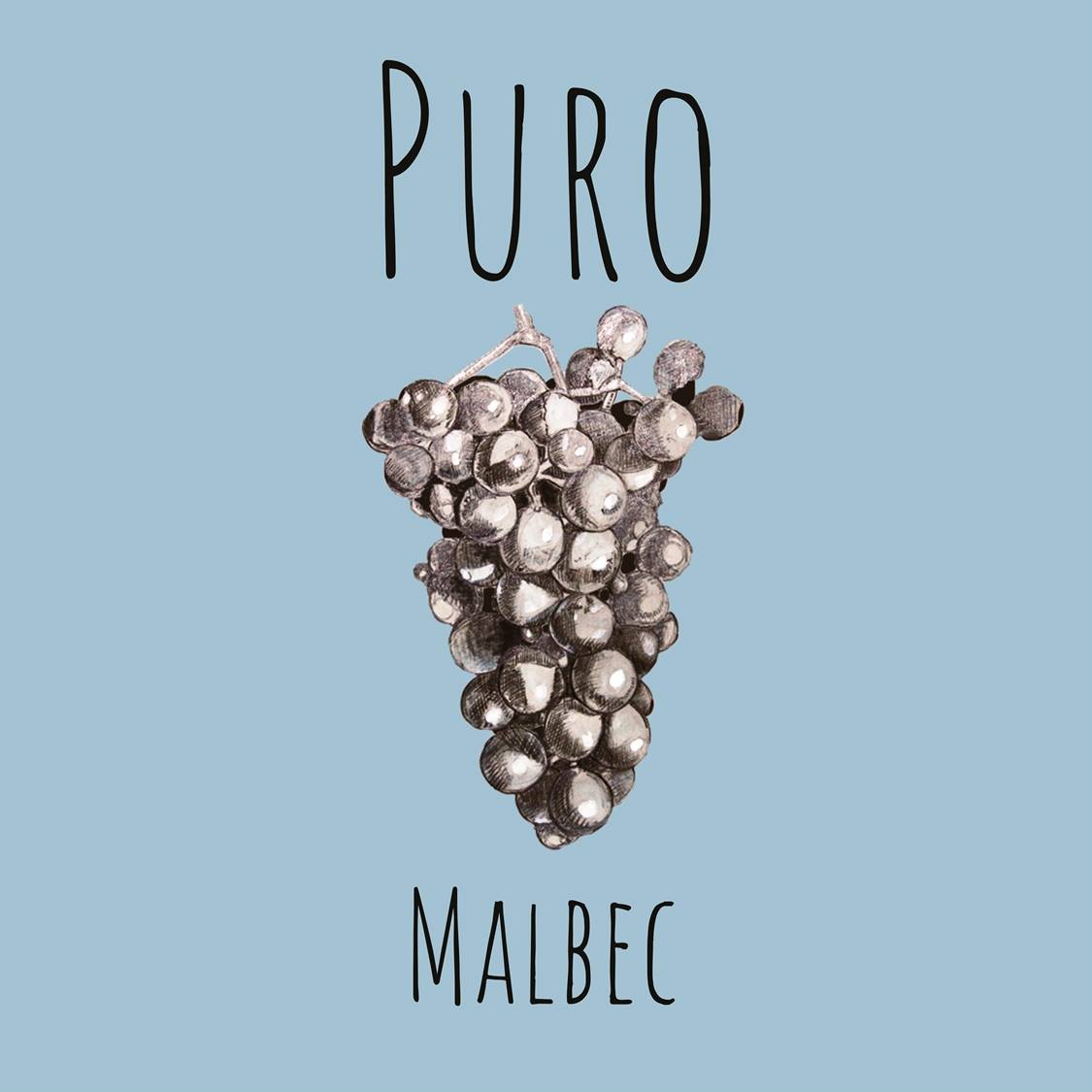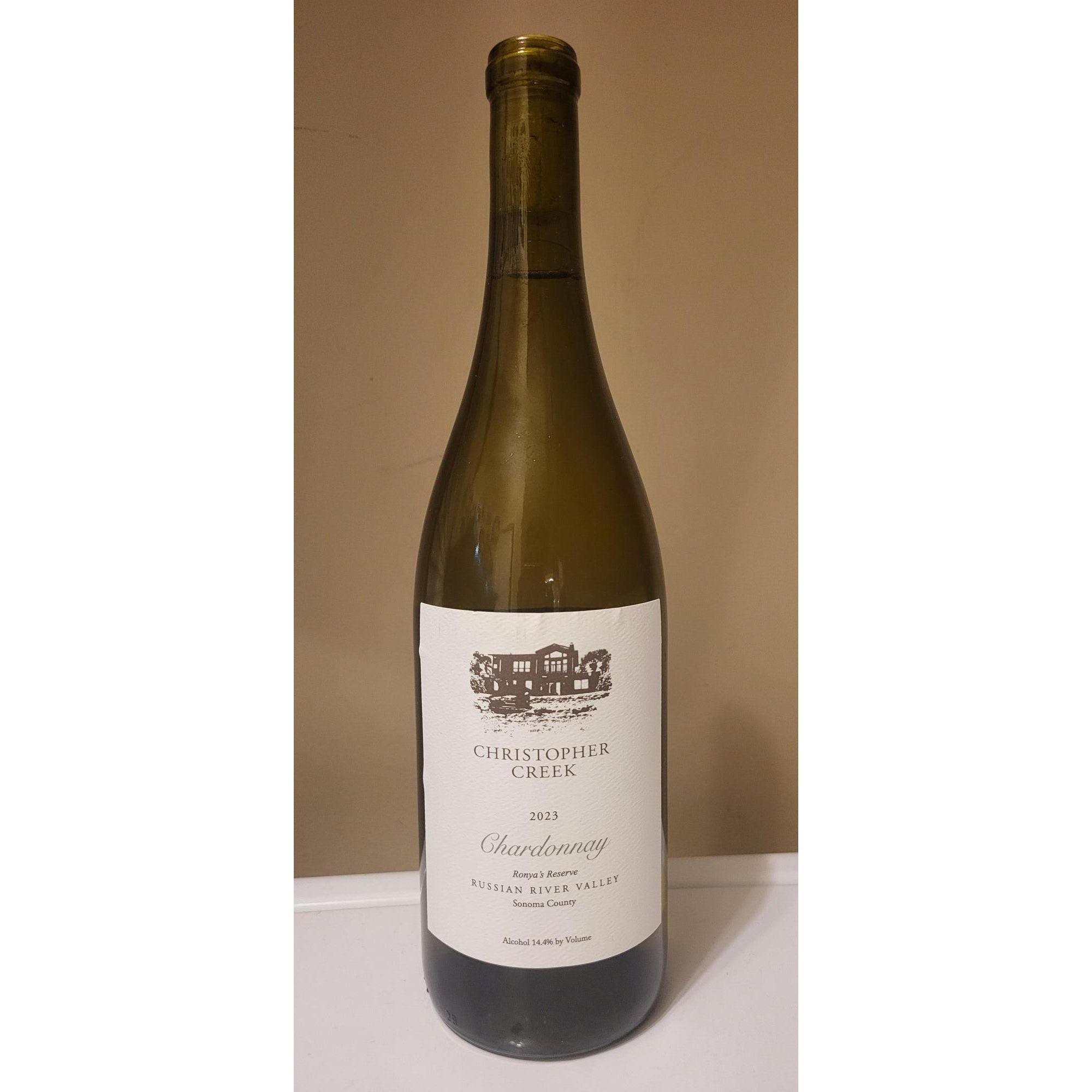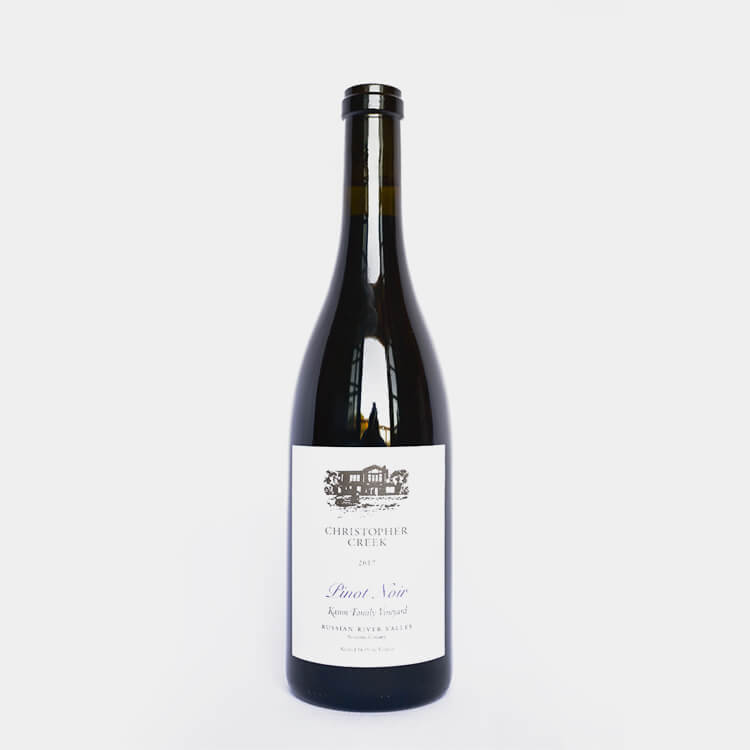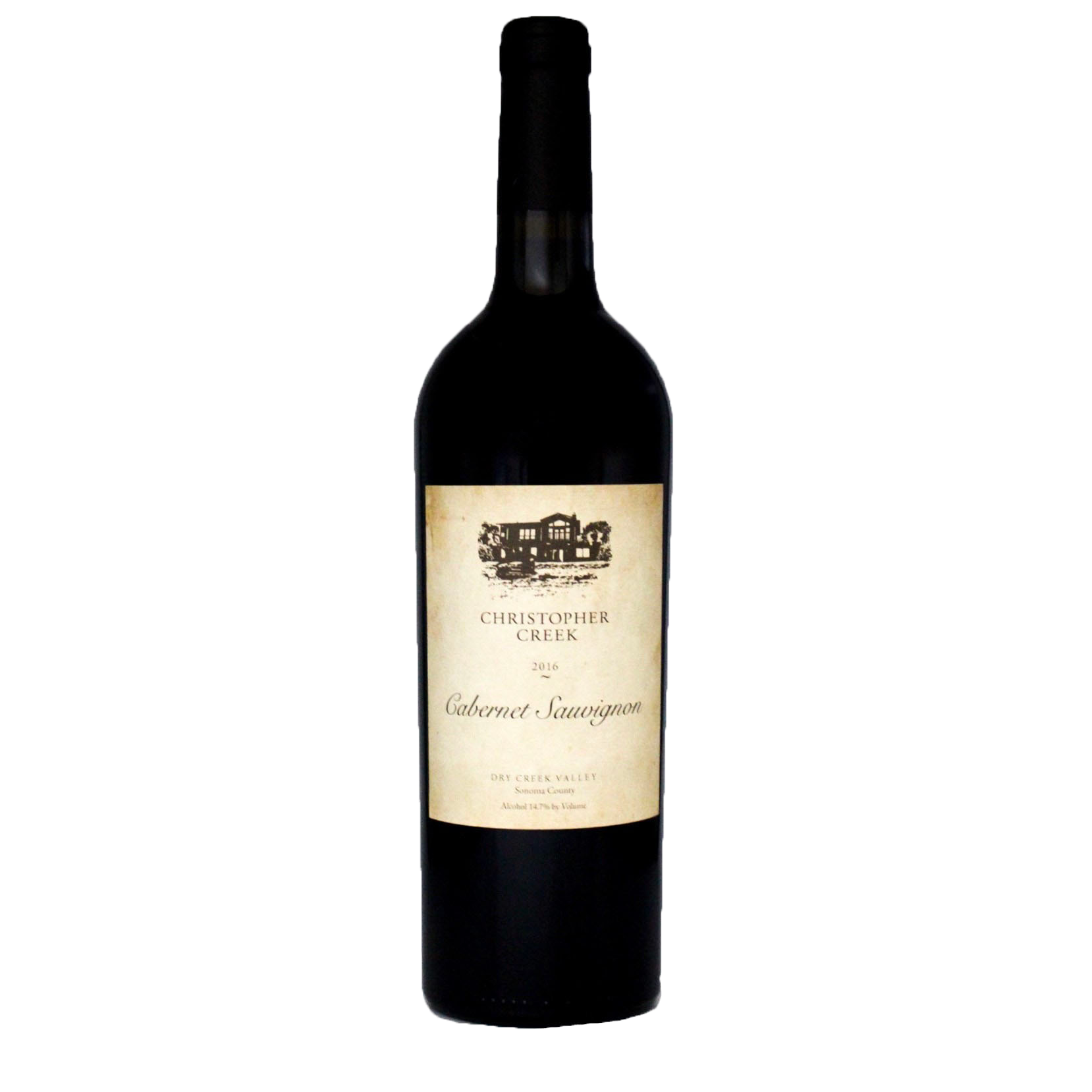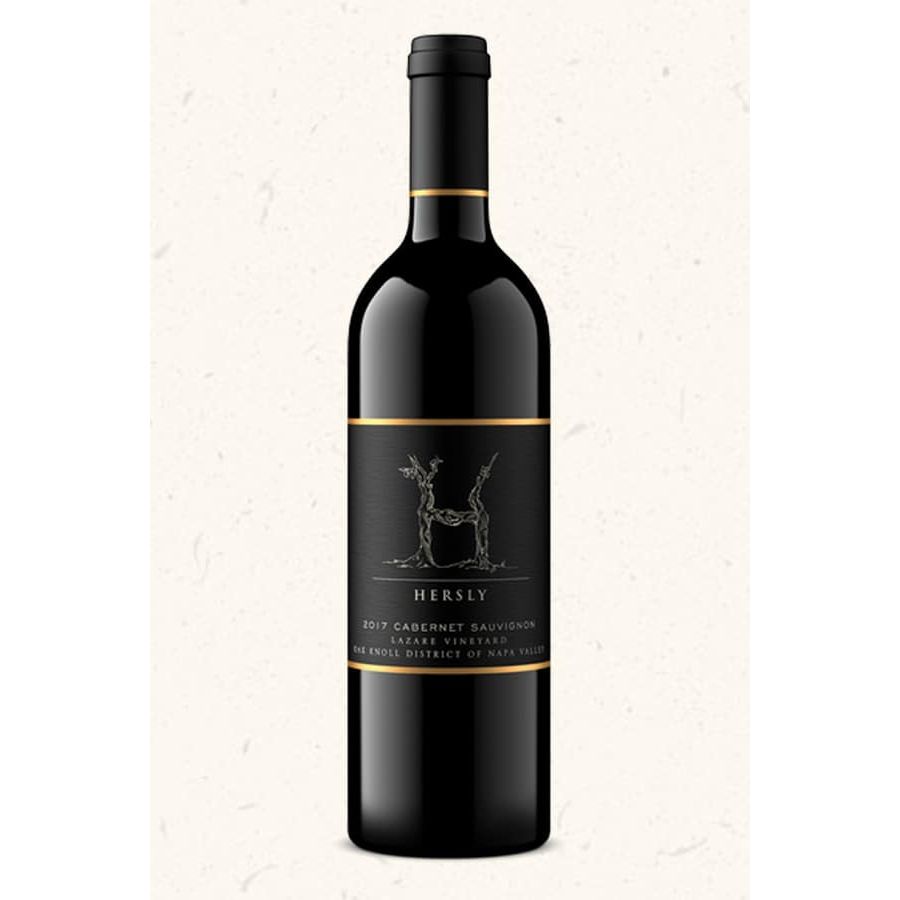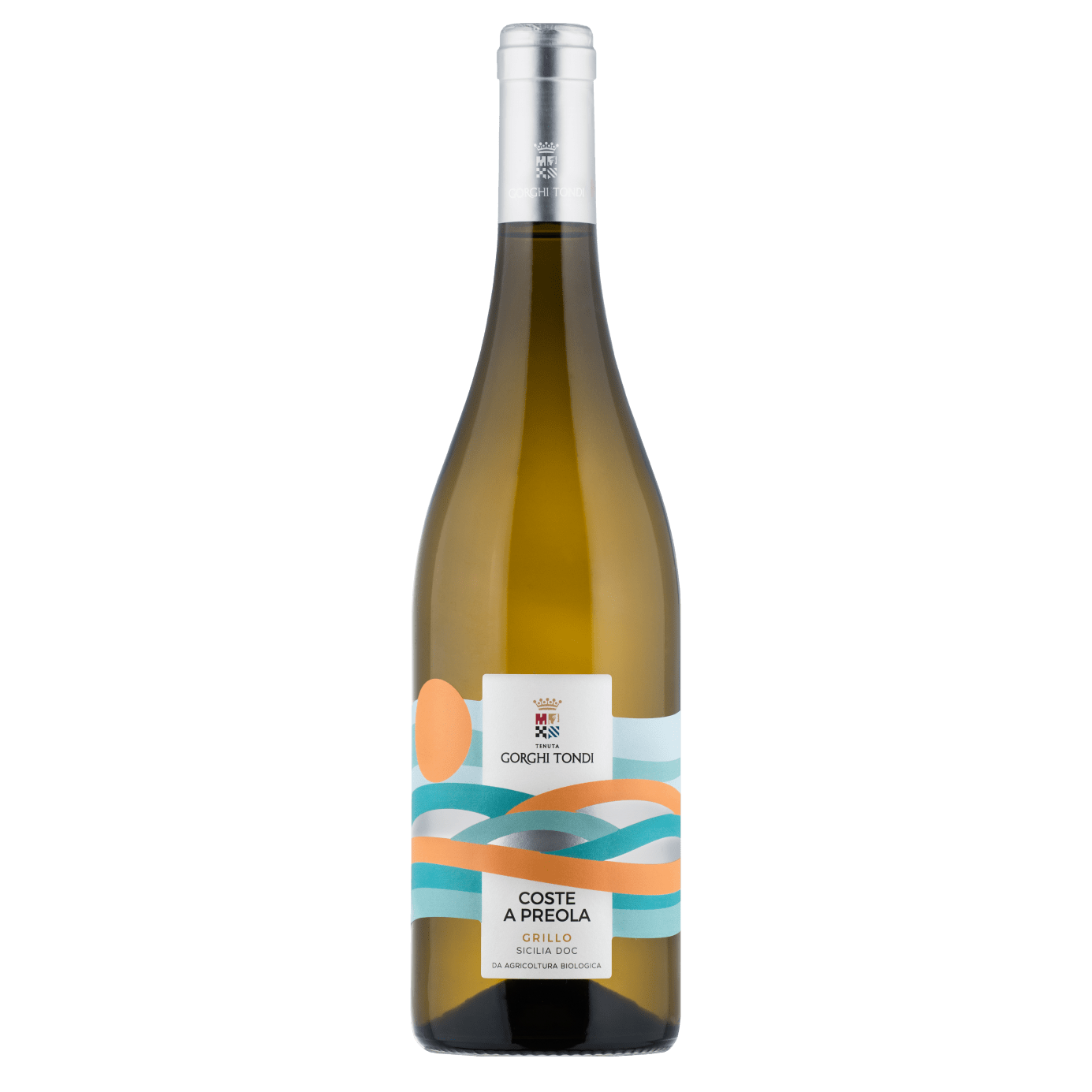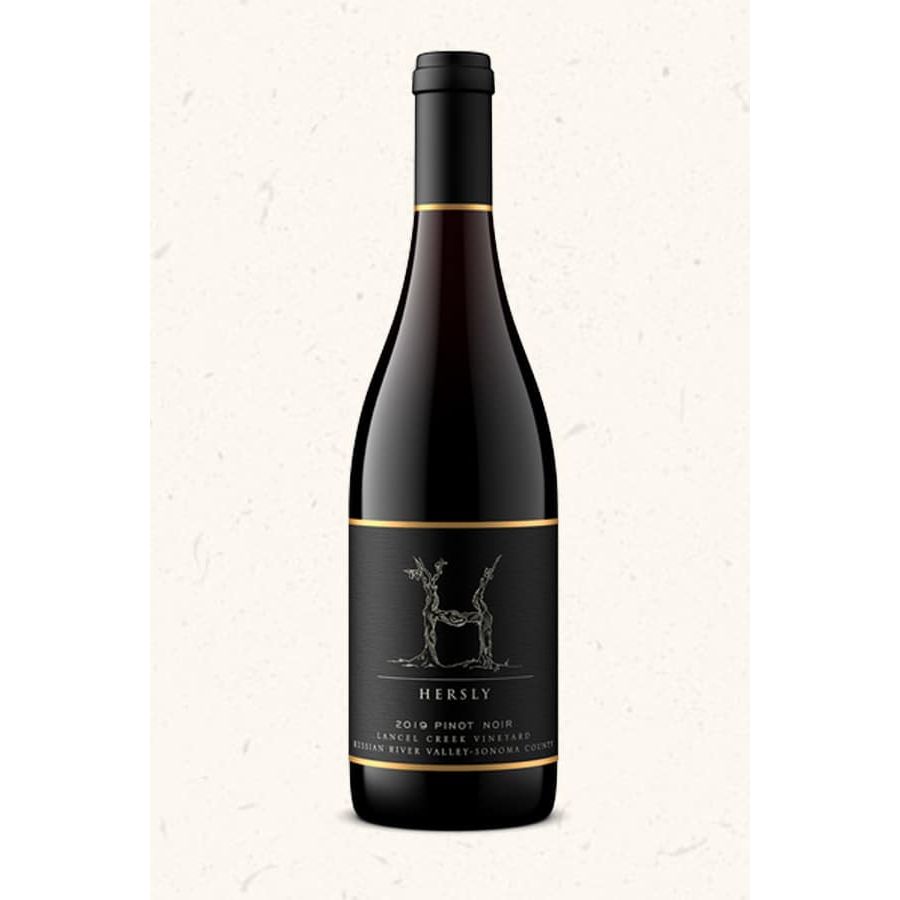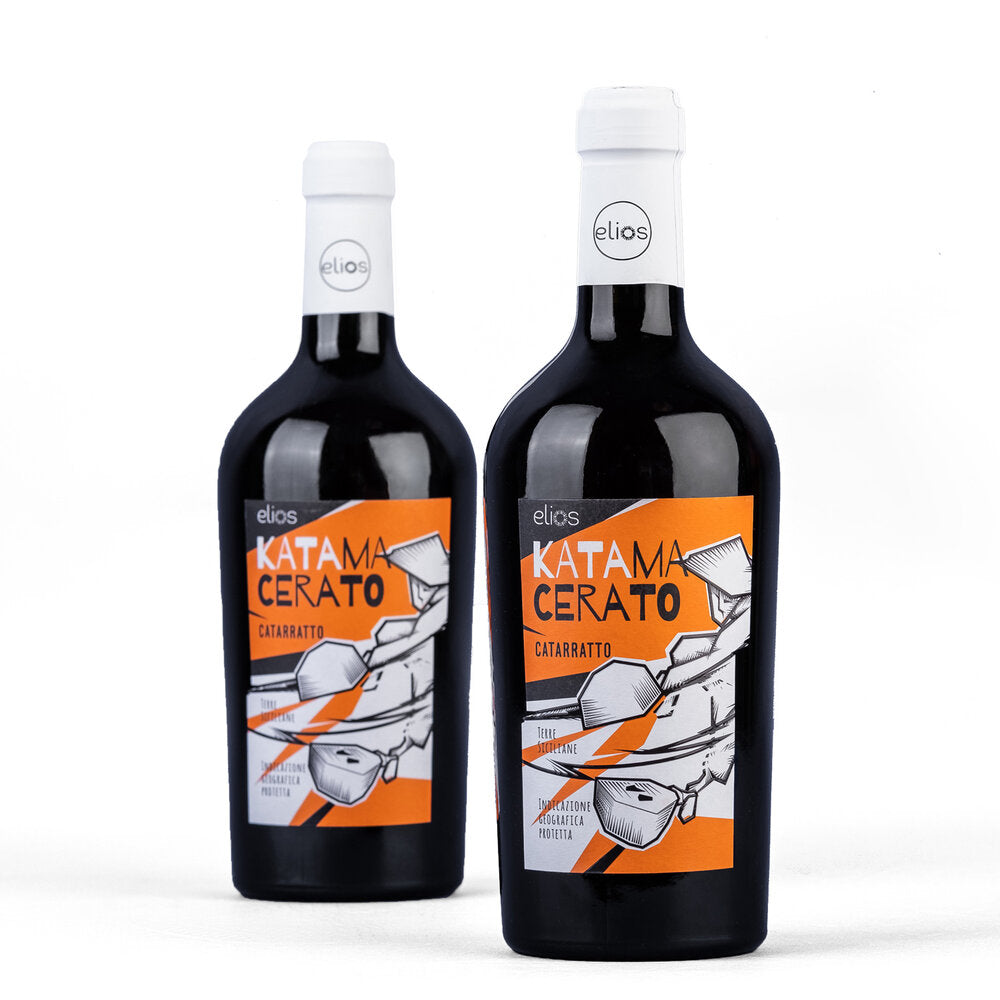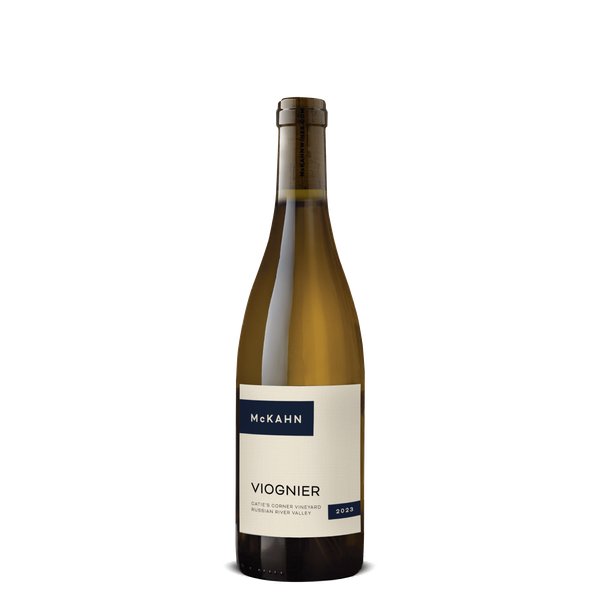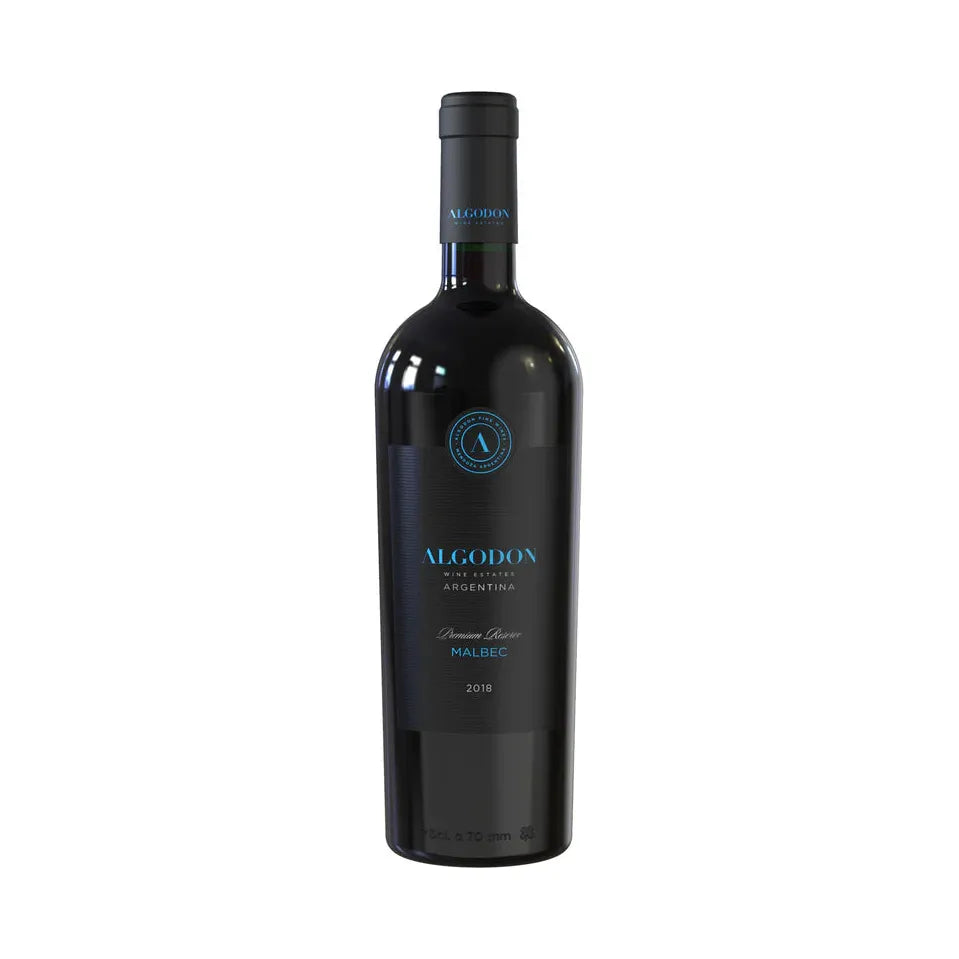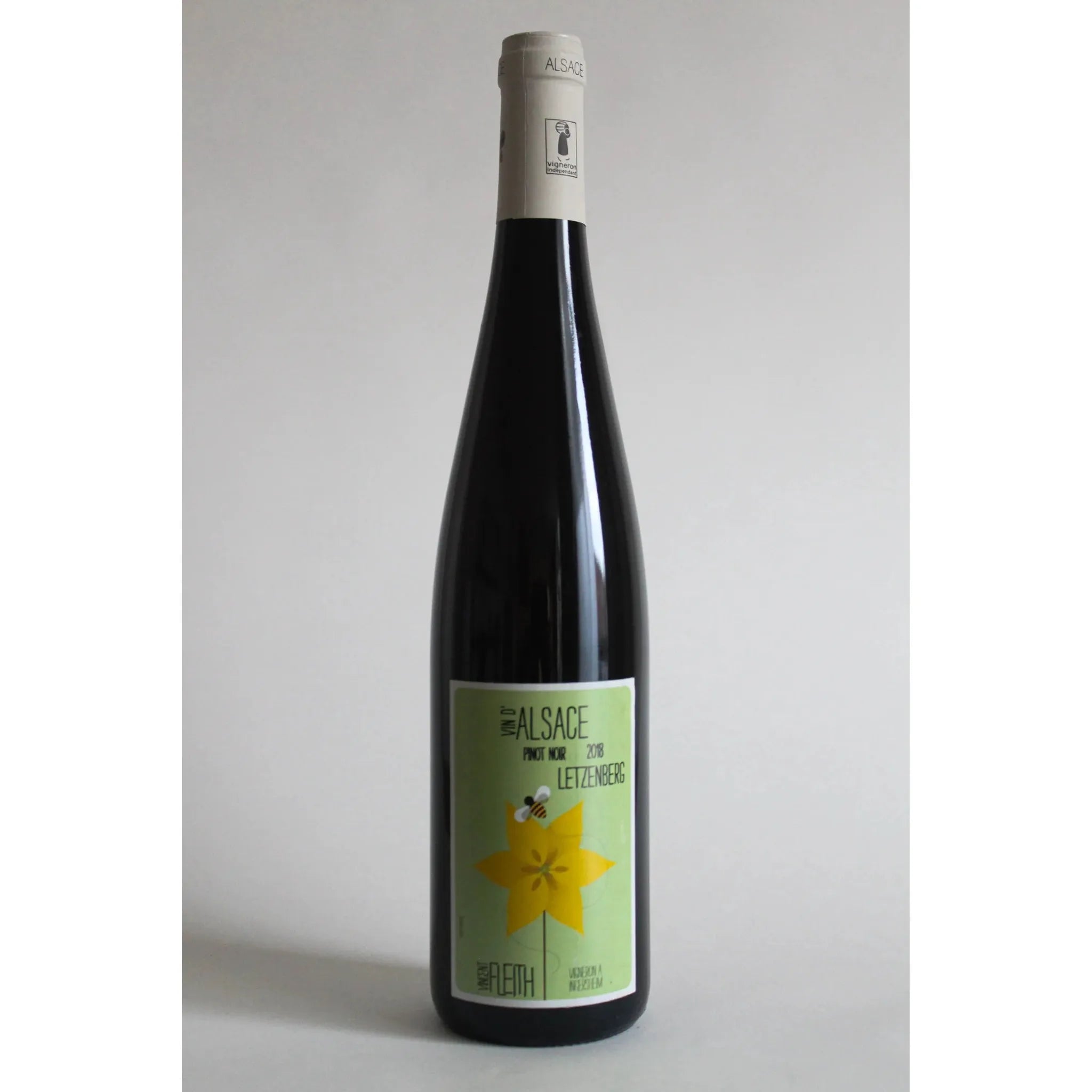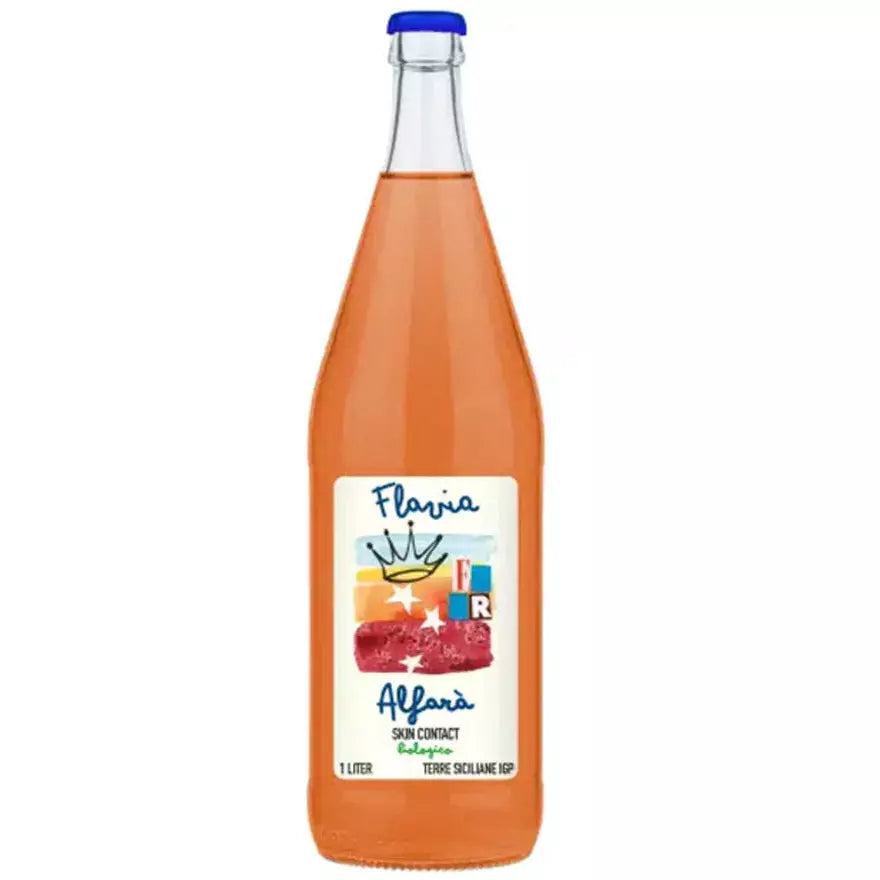
What Fomoowa Wines Are All About

To start our blog we wanted to let our friends and customers know what Fomoowa’s wines are all about:
Low Yields:
The growers want low yields for greater concentration. We look for growers with holdings in old vines.
Natural Viticulture:
We encourage growers to plow their vineyards to keep the soil an active eco-system, and to use natural methods in tending their vines.
No or Minimal Chaptalization:
We do not want an artificially high degree of alcohol produced by adding sugar to the must. Non- or slightly chaptalized wines are more enjoyable and healthier to drink.
Non-Filtration:
Wines are either not filtered or minimally filtered. We also encourage low levels of SO2.
Non-Interventionist Winemaking:
We prefer a harmony, not an imposed style —wines should showcase their place of origin and varietal character. We are not looking for oak flavor, particular fruits or overly done aromatics. Minimal use of S02 is encouraged.
Enjoyment!
Lastly, our most important “principle.” Because, the overblown world of overdone wines is fundamentally tiresome. We’re not looking for tasting specimens, but for wines that are great fun, and a great pleasure to drink.
We aren't big fans of wines that are...
Over-Manipulated:
The over-handling of wine is one of the fundamental caveats in winemaking. Repeatedly pumping wine from one vat to another and moving wine or grape must by truck affects the freshness and flavors of the wine. Of course, chemical adjustments can be made to cover up any faults....and Velveeta is delicious!
Over-Flavored:
In almost all parts of the world it's common practice to use cultured yeasts and extra grape sugars to enrich the flavors of the grape juice during fermentation. Not to mention the foolish winemaker that keeps a shelf of flavor extracts on a shelf directly above the vat...WHOOPS!
Over-Acidified:
Did you know it was common practice in most areas of the world to do "acid adjustments" by adding citric acid, tartaric acid and, less frequently, malic acid to adjust the acidity levels of a wine?
Over-Harvested:
Restricting the number of grape bunches on a vine is the simplest, most basic technique for achieving greater concentration and flavor. The majority of wine-grape growers harvest at levels high above the norm to increase the number of bottles that may be sold...the simplest, most basic formula for increasing profits.
Over-Filtered:
Sterile filtration is a method of forcing wine through microscopic screens that basically strip the wine of particles which may include materials that give wine a unique flavor. It is commonly used throughout the winemaking world.
Over-Oaked:
While oak can be a good and interesting thing, there are excesses. The overuse of new oak is a departure from traditional winemaking techniques that, apart from being prohibitively expensive and greatly accelerating the deforestation of France, has created a new consumer demand for oak-flavored wines. So much so, that some disreputable wineries in certain parts of the world go so far as to add oak chips and oak extract flavors to wine!
Over-Rated:
Let's not kid ourselves, folks! The great majority of the wine press throughout the world, with notable exceptions, is wholly influenced by advertising and perceived glamour.
We've even found ourselves incredulous at some of the stellar ratings our own wines have received!
Over-the-Top:
Any number of the above-mentioned factors and others (such as fancy bottles, postage stamp labels, etc) can put a wine over-the-top. There are also wines that burst out of the bottle due to added flavors and overextraction and are the "blockbusters wines" of the press and tastings, but inevitably can't hold up to aging or are completely incompatible with food.




